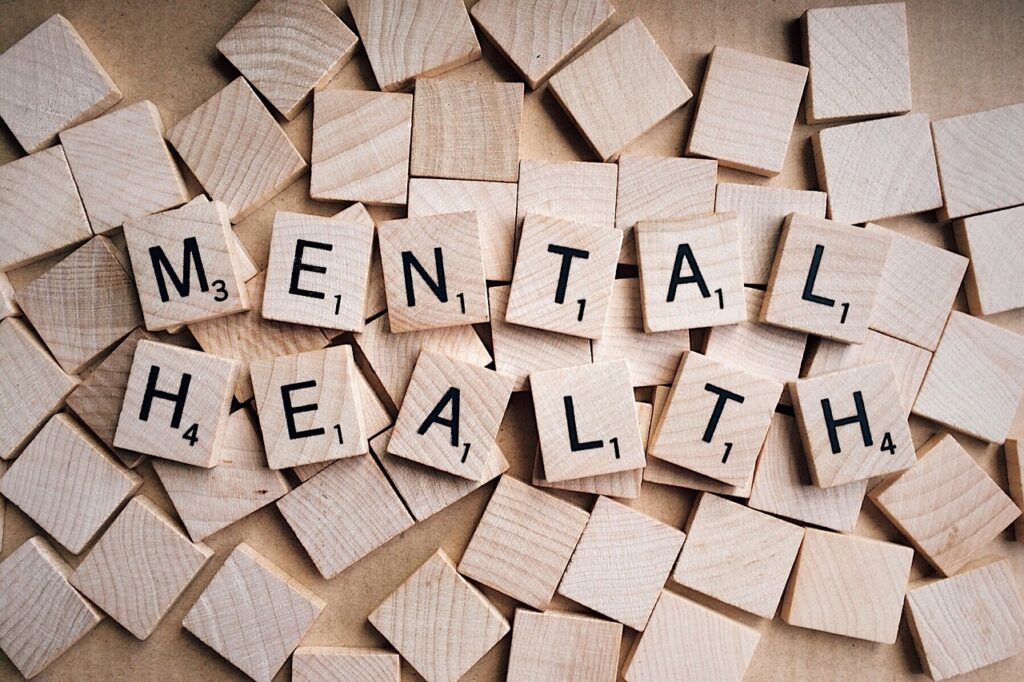Understanding and Managing
Attention Deficit Hyperactivity Disorder (ADHD) is one of the most prevalent neurodevelopmental disorders, leading to difficulties with focus, attention, hyperactivity, and impulsive behaviors without considering the consequences.
Typically, symptoms of ADHD manifest in children around the age of 12; at this stage, they may experience low self-esteem and struggle to build relationships, along with facing challenges in academic performance.
Symptoms of ADHD
Symptoms of ADHD can appear as early as age 3 and include:
Symptoms of Inattention
Signs of inattention in children may include:
- Making multiple mistakes while completing homework due to a lack of concentration.
- Inability to focus on details.
- Not listening even when spoken to directly, as their minds wander to other thoughts.
- Difficulty sustaining attention on a single task for long periods, easily distracted.
- Struggling to prioritize tasks and manage time effectively.
- Reluctance to engage in activities requiring high concentration, like solving math problems.
- Difficulty finishing assignments or homework.
- Frequently forgetting tasks they are supposed to complete.
- Often misplacing toys and belongings.
- Challenges in forming relationships with others due to an inability to pick up on body language and emotions.
- Regular daydreaming.
Symptoms of Hyperactivity
Hyperactivity symptoms in children include:
- Inability to remain seated, frequently fidgeting or squirming.
- Disinterest in quieter games or activities like drawing or listening to a story.
- Getting up from their seat in class to run around or play.
- Talking excessively without considering the content.
- Intruding on others due to curiosity.
Symptoms of Impulsivity
Children with impulsivity issues often act without thinking, leading to problems such as:
- Climbing trees despite warnings about the dangers.
- Speaking out of turn.
- Answering questions hastily without thought.
- Inability to wait their turn in games.
- Interrupting others during conversations, causing conflicts.
- Engaging in risky behaviors.
The symptoms of ADHD in adults are similar but tend to be milder.
Causes and Risk Factors of ADHD
The precise cause of ADHD remains unknown, but it is believed to be linked to genetic and environmental factors:
Genetic Factors
A child is more likely to develop ADHD if a parent also has the condition, suggesting a potential connection to specific genetic abnormalities.
Brain Structure Abnormalities
Research indicates that individuals with ADHD may have certain brain areas that are smaller, particularly those involved in decision-making and speech.
Scientists also consider low dopamine levels as a contributing factor to ADHD, as dopamine plays a crucial role in transmitting signals between neurons and stimulating emotional responses.
Environmental Factors
The following factors may increase the risk of developing ADHD:
- Exposure to lead poisoning, previously used in paints and pipes.
- Premature birth.
- Low birth weight.
- Head injuries early in childhood.
- Maternal smoking during pregnancy.
- Maternal use of alcohol or drugs during pregnancy.
Complications of ADHD
Is ADHD dangerous? While it is not inherently dangerous, neglecting treatment can lead to issues such as:
- Low self-esteem.
- Eating disorders.
- Anxiety and depression.
- Sleep difficulties.
- Substance abuse disorders.
- Increased likelihood of accidents and injuries due to recklessness.
- Difficulty in forming relationships.
- Poor academic performance.
- Unemployment due to challenges in job commitment.
Diagnosing ADHD
Do not hesitate to consult a doctor if your child shows signs of inattention and hyperactivity. The diagnosis usually involves the following steps:
- Physical Exam: To rule out other conditions that may cause similar symptoms, such as brain injuries or sleep disorders.
- Information Gathering: The doctor will ask questions regarding the child’s medical and family history and discuss their academic performance.
- Interviews: The doctor will discuss the child’s symptoms with family members and teachers, possibly requesting them to fill out questionnaires.
- Evaluation Against Specific Criteria: The physician will often compare your child’s symptoms to those listed in the Diagnostic and Statistical Manual of Mental Disorders (DSM-5), such as:
- Symptoms of ADHD began before the age of 12.
- Presence of at least six symptoms of ADHD previously mentioned.
- Duration of symptoms exceeding six months.
- Symptoms interfere with daily activities.
- Symptoms appear in multiple settings, such as home and school.
Sometimes, the doctor may consult with other specialists, such as a psychiatrist or a speech therapist, for further evaluation.
Treatment for ADHD
Can a person with ADHD fully recover? No, ADHD is a chronic condition, and symptoms may re-emerge if treatment is discontinued. Treatment typically includes:
Behavioral Therapy for ADHD
This is often the first-line treatment, especially for children under 13, and usually involves:
- Training parents on specific strategies to modify and guide their child’s behavior.
- Teaching the child social skills to help them make friends.
- Psychological therapy to help the child cope with symptoms and challenges.
- Family therapy, as managing a child with ADHD can be stressful.
Medication for ADHD
The doctor may prescribe:
- Stimulant Medications: Known as psychostimulants, examples include amphetamines and methylphenidate.
- Non-Stimulant Medications: These are considered if stimulants are ineffective, often lasting about 24 hours, with atomoxetine being a common example.
- Antidepressants: These may be prescribed as an additional treatment in certain cases, especially if the child also shows signs of depression.
Preventing ADHD
The risk of developing ADHD can be reduced by following these guidelines:
- Quitting smoking and avoiding exposure to smokers during pregnancy.
- Consulting a doctor before using any medications while pregnant.
- Protecting the child from toxins and harmful substances, such as paint, pesticides, and cigarette smoke.
- Limiting screen time for children under 5 years, as studies show it adversely affects attention and concentration.
- Encouraging participation in games that enhance focus skills, such as puzzles and riddles.


